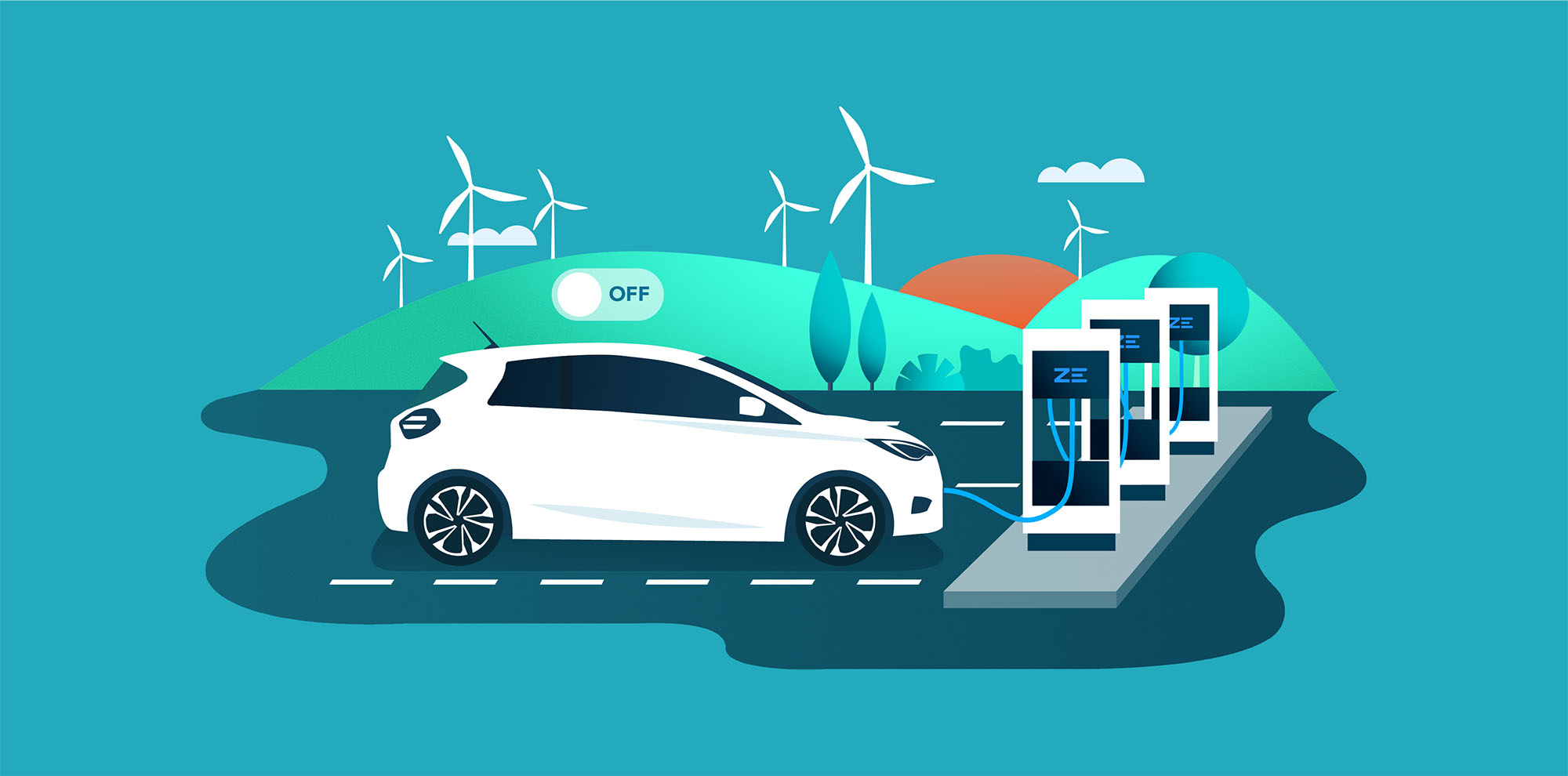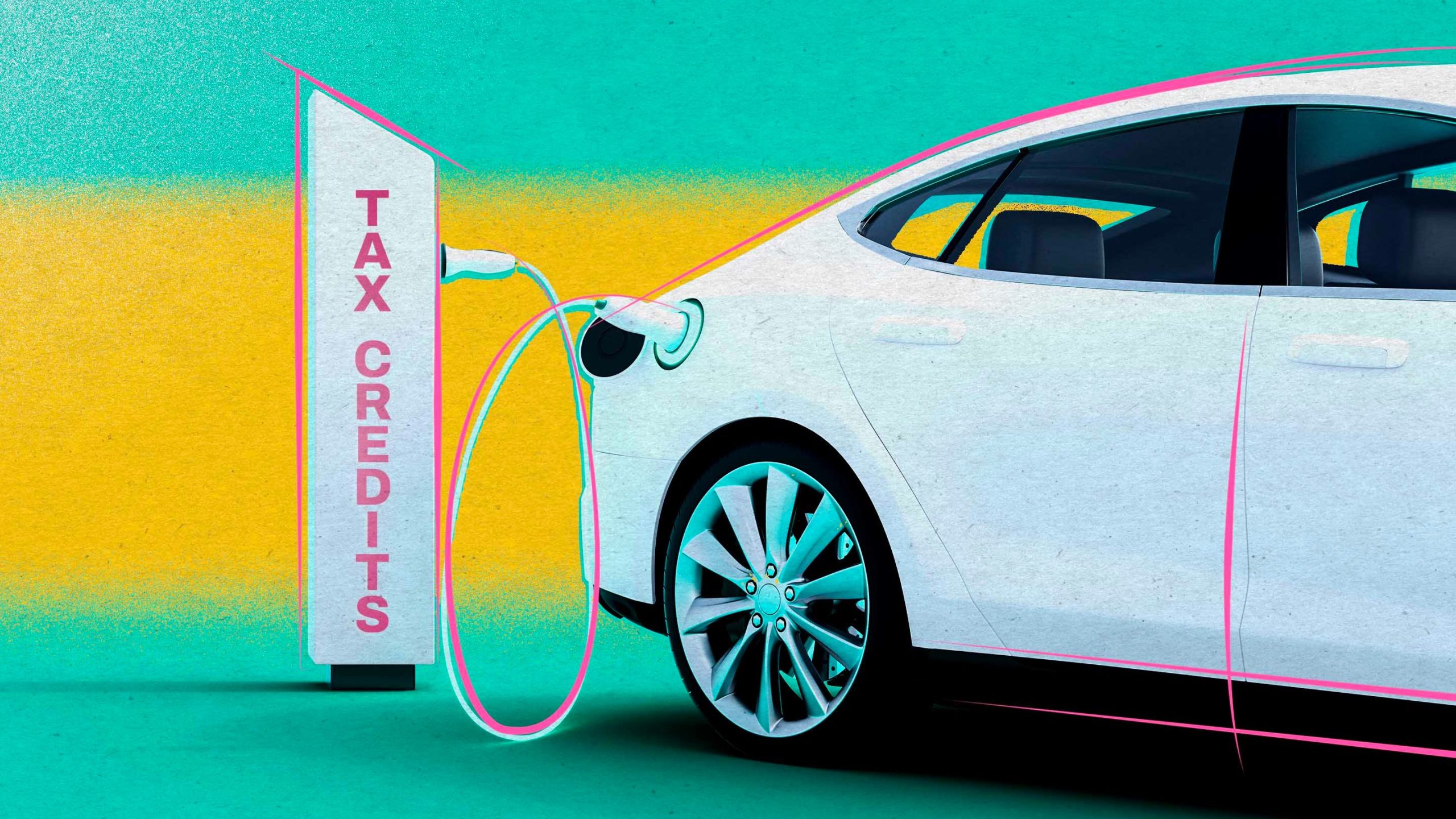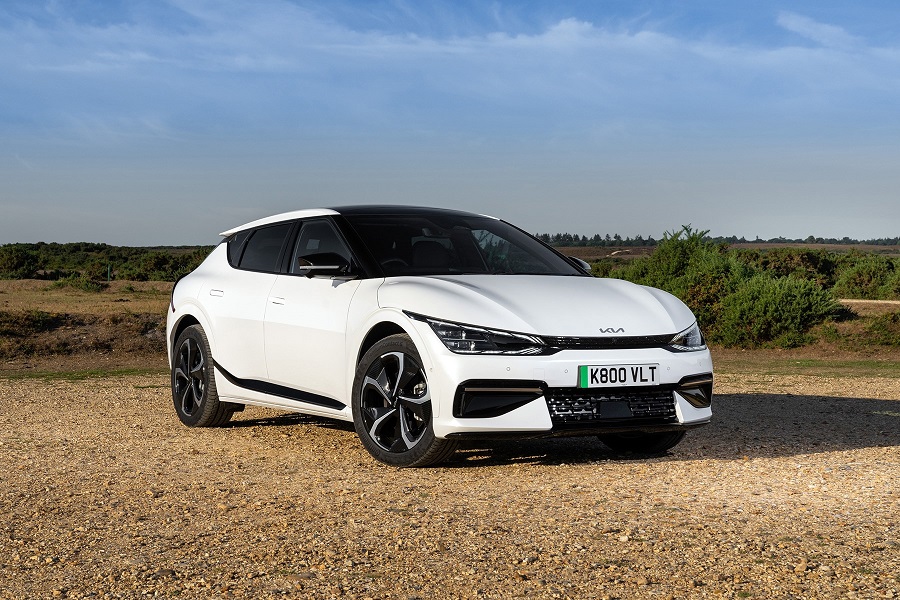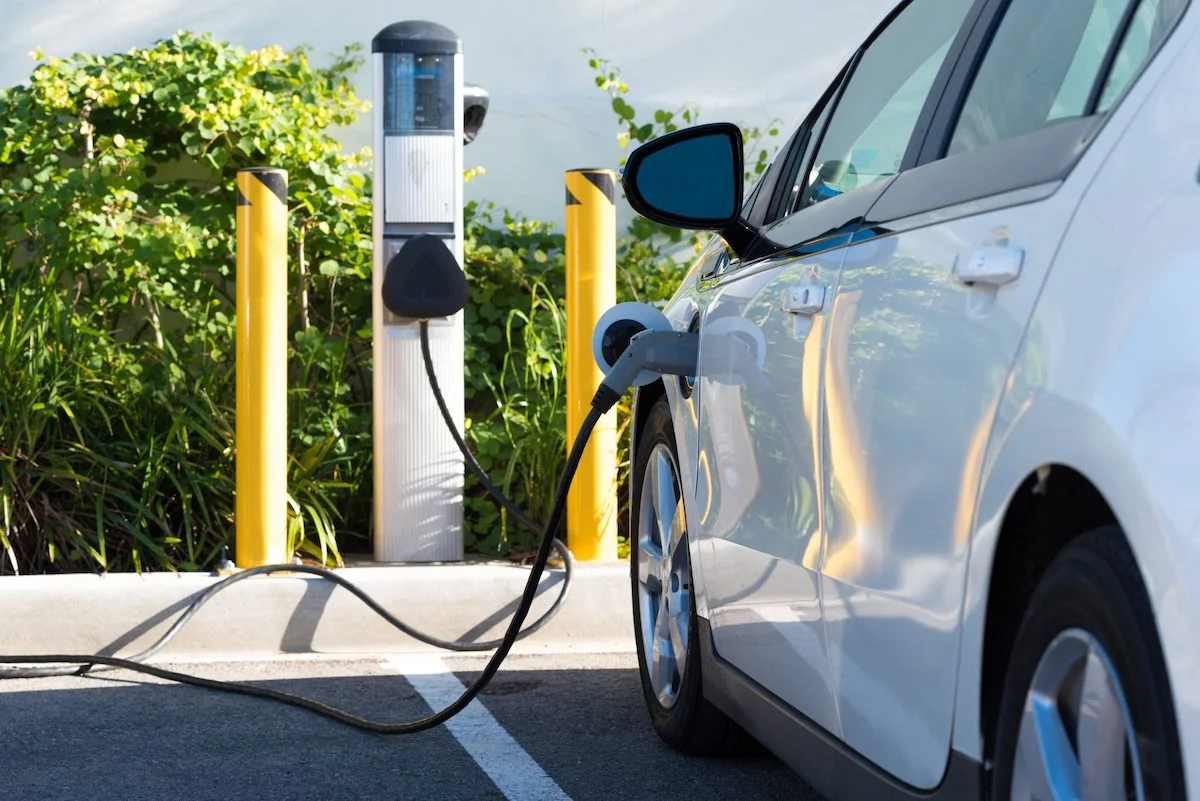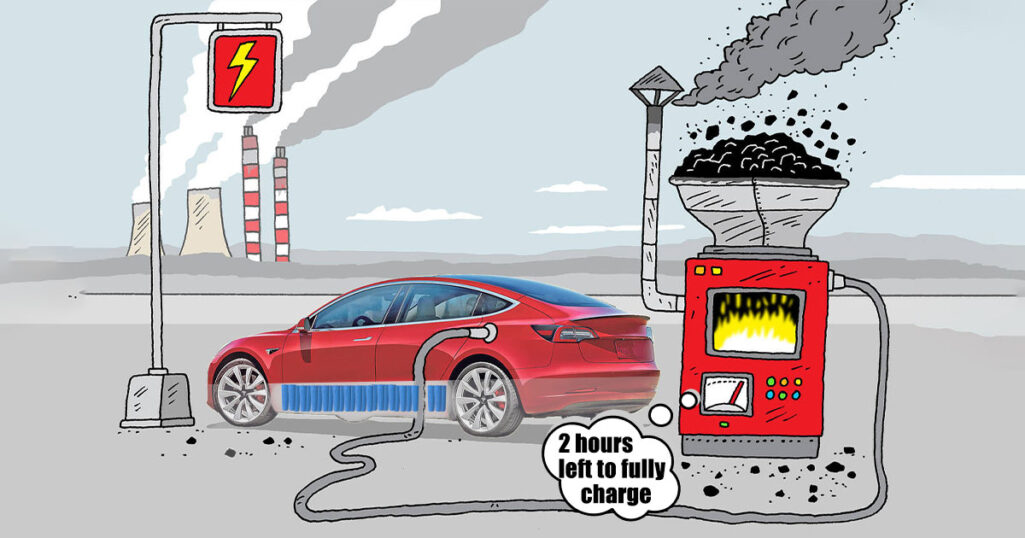In a world increasingly focused on sustainability, electric cars have emerged as a promising solution to reduce our carbon footprint. But have you ever wondered, “How Sustainable Are Electric Cars?” Delve into the intricacies of electric vehicle sustainability and explore the environmental implications of this cutting-edge automotive technology.
Introduction:
As the automotive landscape undergoes a transformative shift towards eco-friendly alternatives, electric cars have garnered significant attention. This article aims to dissect the sustainability of electric cars, addressing concerns and shedding light on the broader environmental impact of these vehicles.
Read too: Who Installs Electric Car Chargers and Why It Matters for Your EV? Unveiling the Experts
Decoding Sustainability: How Sustainable Are Electric Cars?
Environmental Benefits of Electric Cars:
1. Reduced Greenhouse Gas Emissions:
- One of the primary advantages of electric cars is their ability to operate with lower greenhouse gas emissions compared to traditional gasoline-powered vehicles. With the shift towards renewable energy sources, the overall carbon footprint of electric cars continues to decrease.
2. Energy Efficiency:
- Electric cars are inherently more energy-efficient than their internal combustion engine counterparts. The direct conversion of electricity into power, without the need for fuel combustion, contributes to higher efficiency and reduced energy waste.
3. Decreased Air Pollution:
- Electric cars contribute to improved air quality in urban areas by producing zero tailpipe emissions. This reduction in air pollution is particularly beneficial for densely populated regions, positively impacting public health.
Challenges and Considerations:
1. Battery Production and Disposal:
- While electric cars excel in operation, the production and disposal of their batteries pose environmental challenges. Mining materials for battery production and finding sustainable solutions for battery disposal are critical aspects that the industry is actively addressing.
2. Energy Source Dependency:
- The sustainability of electric cars is closely tied to the energy sources used for electricity generation. For regions heavily reliant on fossil fuels, the environmental benefits of electric cars may be diminished. Transitioning to renewable energy is essential to maximize the sustainability of electric vehicles.
3. Manufacturing Impact:
- The manufacturing process of electric cars involves resource extraction, energy consumption, and emissions. However, advancements in sustainable manufacturing practices and materials are continually improving the overall environmental impact of production.
Addressing Common Misconceptions:
1. Total Lifecycle Emissions:
- Critics often argue that the total lifecycle emissions of electric cars, including manufacturing and battery production, might offset their environmental benefits. However, numerous studies indicate that over time, electric cars still contribute less to global warming than traditional vehicles.
2. Lithium-ion Sustainability:
- Concerns about the sustainability of lithium-ion batteries have been raised due to resource extraction and disposal challenges. Ongoing research aims to develop more sustainable battery technologies, such as solid-state batteries, to address these concerns.
Looking Towards the Future:
The sustainability of electric cars is a dynamic and evolving field. Ongoing technological advancements, coupled with a growing emphasis on sustainable practices, are shaping a more eco-friendly future for electric vehicles.
Conclusion:
Answering the question, “How Sustainable Are Electric Cars?” requires a nuanced understanding of various factors. While challenges exist, the overall environmental benefits of electric cars, particularly as the energy landscape evolves, make them a compelling choice for a sustainable transportation future.
